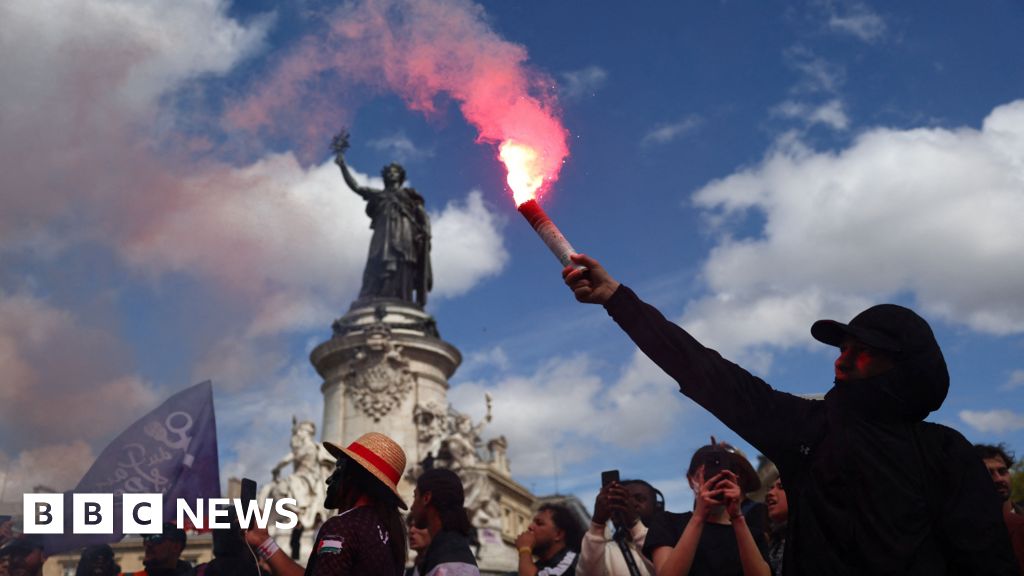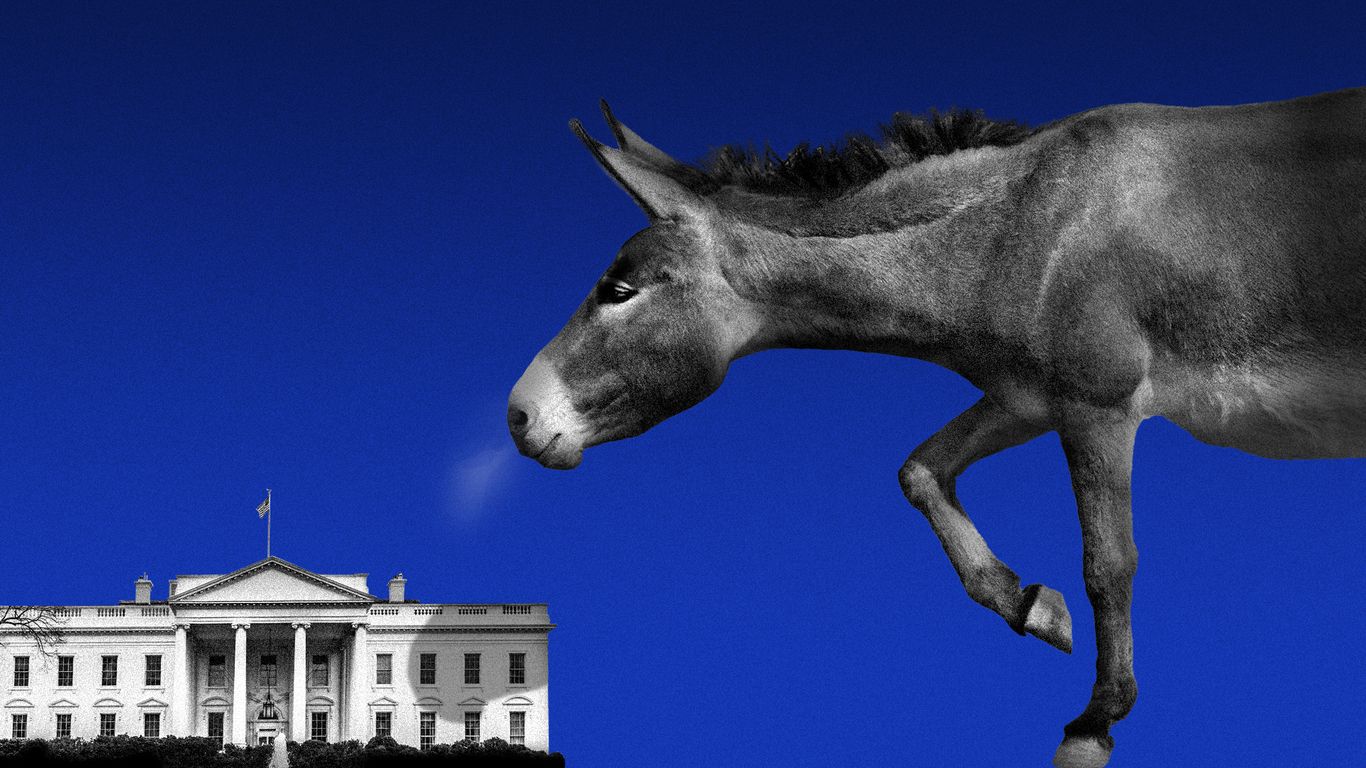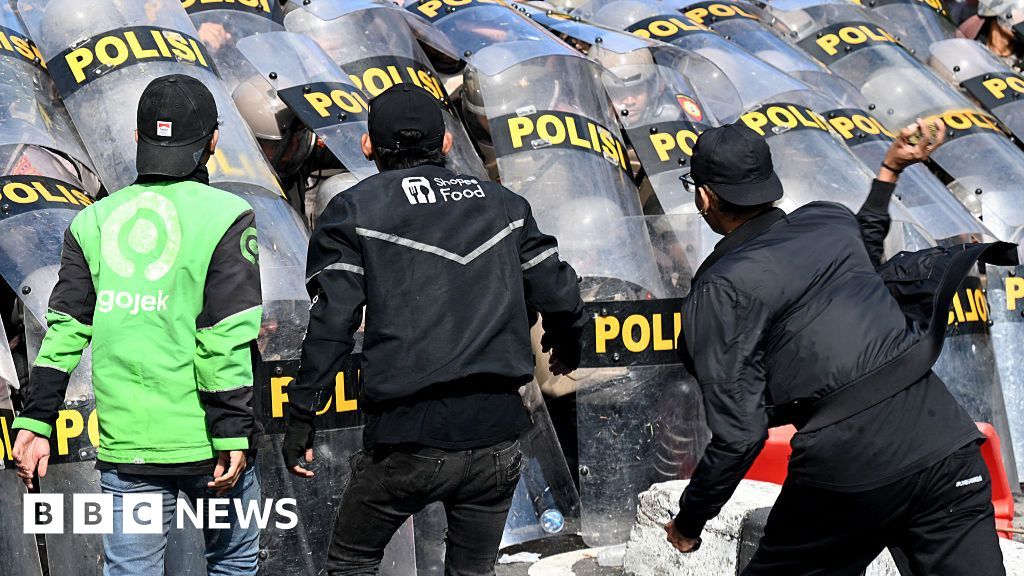French Protests Against New Prime Minister Lecornu

Introduction
France is currently facing a wave of protests as Prime Minister Sébastien Lecornu takes office. The protests have been sparked by a grassroots movement that is rallying people against the political class and proposed budget cuts. This has caused widespread disruption, with thousands taking to the streets in cities across the country.
Reasons for Protests
The protests are a result of growing frustration among the French people over the government's handling of the economy and social issues. The proposed budget cuts, which aim to reduce the country's deficit, have been met with strong opposition as they are seen as a threat to essential public services such as healthcare, education, and public transportation.
In addition, the new Prime Minister's lack of political experience has raised concerns among the public, who fear that he may not be equipped to handle the country's pressing issues.
Impact and Future Outlook
The ongoing protests have caused chaos and disruptions to everyday life in France, with transportation and services being severely affected. The situation has also put pressure on the new government, with many questioning their ability to effectively lead the country.
The outcome of these protests remains uncertain, but one thing is clear - the French people are demanding change and are no longer willing to stay silent. It remains to be seen how the new government will respond and whether they will address the concerns of
About the People Mentioned
Sébastien Lecornu
Sébastien Lecornu, born on June 11, 1986, is a French politician currently serving as Prime Minister of France since September 2025. He is positioned on the right of the political spectrum, advocating Gaullist, Séguinist, and socially conservative views. Lecornu began his political career as a parliamentary assistant at age 20 and was elected mayor of Vernon, Normandy, at 28. He also served as President of the Departmental Council of Eure from 2015 to 2017. Lecornu's ministerial career spans multiple key roles: Secretary of State to the Minister of the Ecological and Inclusive Transition (2017–2018), Minister for Local Authorities (2018–2020), Minister of the Overseas (2020–2022), and Minister of the Armed Forces (2022–2025). He joined President Emmanuel Macron's Renaissance party after leaving The Republicans in 2017. Appointed Prime Minister on September 9, 2025, following the collapse of François Bayrou’s government by a no-confidence vote, Lecornu holds the record as the shortest-serving Prime Minister of the French Fifth Republic. He resigned on October 6, 2025, after just 26 days in office amid political opposition and criticism regarding his cabinet's composition and budget stance but continued as caretaker Prime Minister until his reappointment on October 10, 2025[1][2][4][5][7]. Known for his discreet yet steady rise in politics, Lecornu is the longest-serving minister in Macron’s governments, with over eight years of continuous ministerial service. His political approach emphasizes involving local authorities, notably contributing to the "Great National Debate" in 2019 addressing social unrest[2][3].
About the Organizations Mentioned
French government
The **French government** operates as a **semi-presidential parliamentary democracy**, with a structure deeply rooted in France’s historical contributions to modern democracy and the separation of powers, or *trias politica*. The government is led by the President, who appoints the Prime Minister and ministers to form the executive branch. Legislative power is vested in the bicameral Parliament—comprising the National Assembly with 577 elected deputies and the Senate with 348 members. The judiciary operates independently to uphold the legal system[1]. Established in its modern form following the French Revolution of 1789, the government manages national policies across healthcare, education, public transport, and more, while regional, departmental, and municipal levels handle local governance. France ranks as a full democracy and maintains high civic engagement, with 88% of citizens participating actively in organizations influencing policymaking as of 2023[1]. Recent years have been marked by significant political instability. The 2024–2025 period saw a hung parliament with no clear majority, leading to rapid changes in prime ministers and government crises. Sébastien Lecornu, appointed in September 2025, became the shortest-serving Prime Minister of the Fifth Republic due to political deadlock and opposition from multiple parties[3]. This instability has eroded public trust, with polls showing rising dissatisfaction with political leaders, including President Emmanuel Macron, amid social and economic challenges like high national debt (112% debt-to-GDP in 2024), rising unemployment, and contentious pension reforms[2][5]. Economically, the government had previously provided substantial support during crises like COVID-19 and the Ukraine war but now faces pressures for austerity. Attempts to reduce deficits have been unpopular, triggering social unrest and empowering extremist political factions[2][4]. Public trust in government remains below OECD averages, with only 34% expressing high or moderate trust in 2023, reflecting concerns about governance quality and political dysfunction[6]. Notable aspects include Franc



















